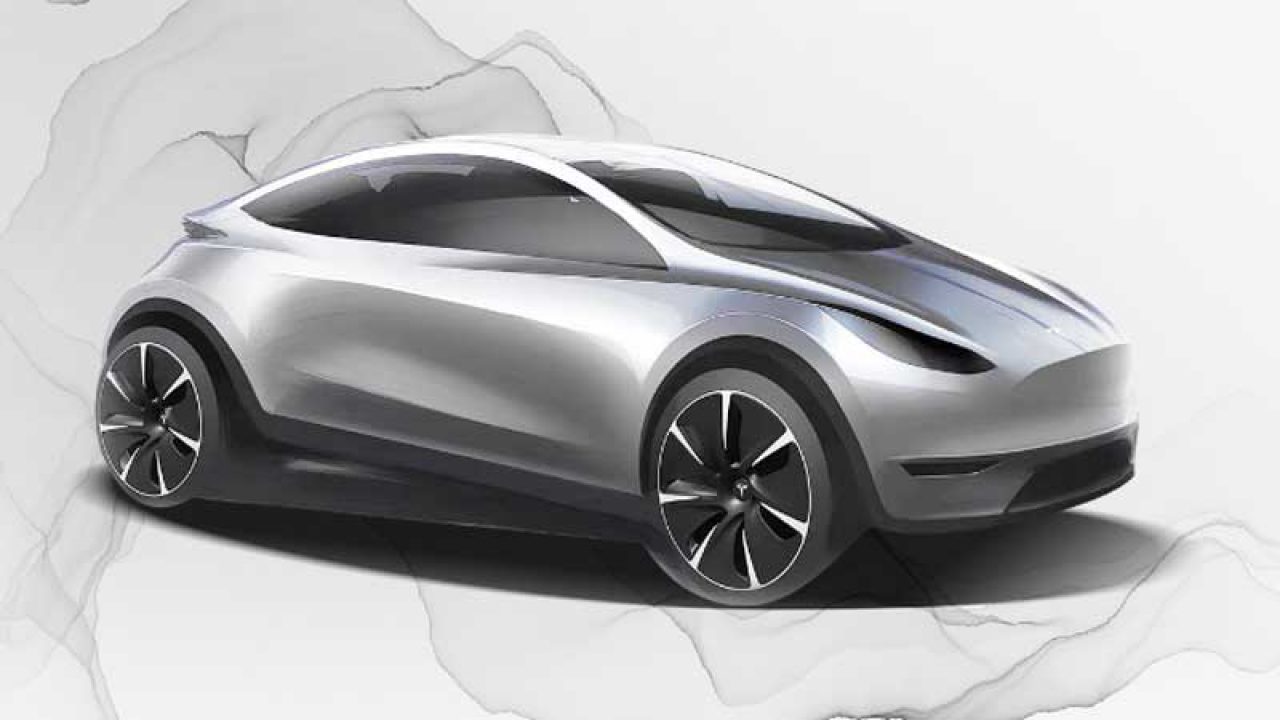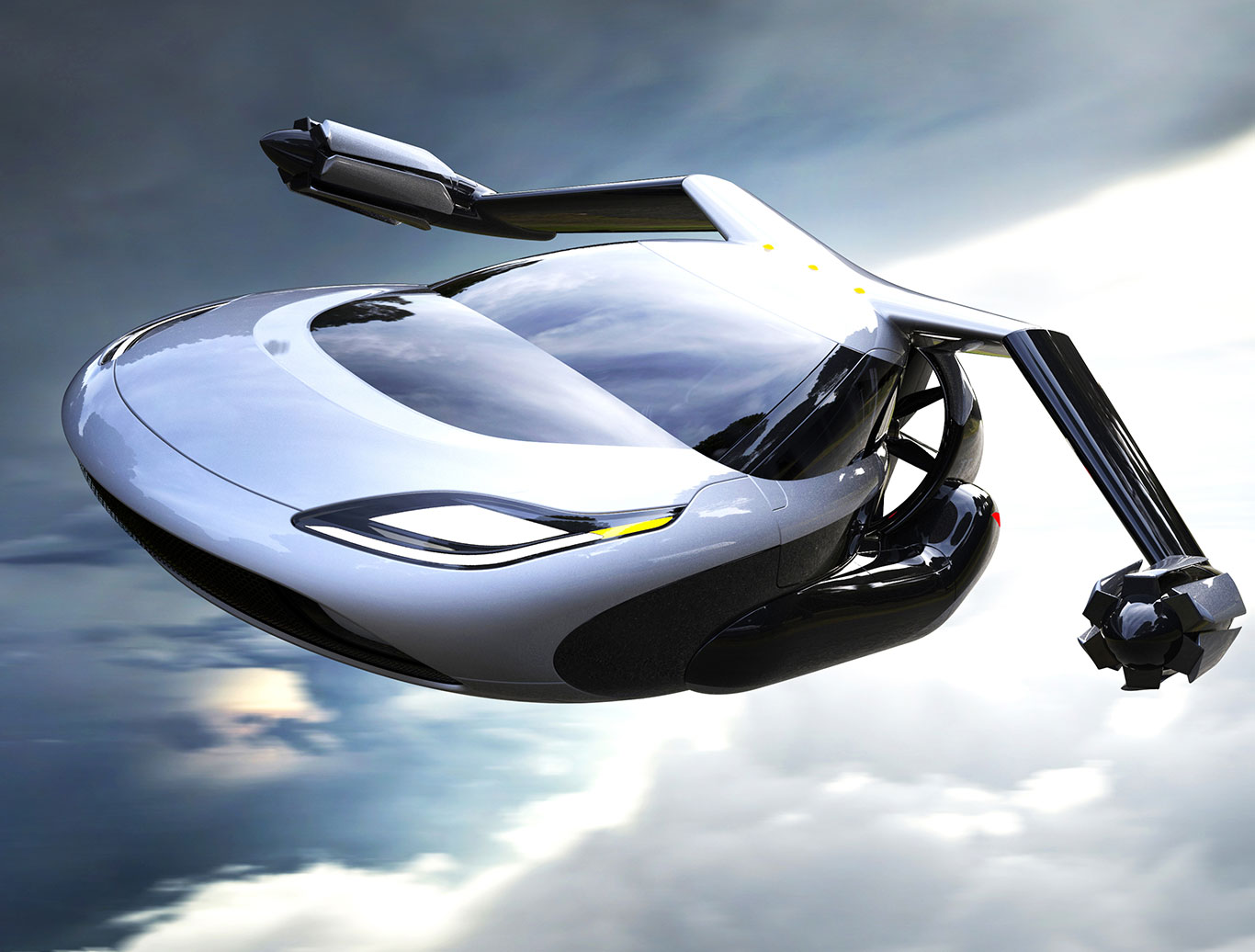
Imagine an eco-friendly non-polluting car, that can travel long distances at ludicrous speeds on a single charge yet being the safest one out there, that can drive and park itself while you are watching movies or playing games or even sleeping, that can also carry twice the amount of cargo space yet can easily carry a whole family/party, and that can also charge itself through solar or friction and even physically ‘upgrades’ by online updates – All while being affordable! That is the new tesla car launching out in a few months, a strong “punch in the face” to the petrol powered car manufactures.
But how did electric cars in general evolved within a decade from a fancy gimmick that couldn’t even travel few hundred mines and didn’t even put a dent in the automobile industry to becoming a major impact to the very stubborn industry? Is it due to the people/s ideological shift to eco friendliness by mass media information influence about climate change/cleaner air, or is it due to the EV car company’s better logistics and tech-part supply system, or is it the ever so fluctuating price of oil? or All?
/cdn.vox-cdn.com/uploads/chorus_image/image/56812909/30003403.0.jpg)
The answer: All of the above. Although electric cars (EV for short), are as old as oil powered cars, the fact that it did not “hit the road” was because it was unsustainable, takes too long to charge, and doesn’t travel fast/long distances. Besides, new oil wells were being discovered and being built – further reducing the oil price making the gas cars cheap and a good long term investment. however its the 21st century and we now possess technology so powerful and compact, that the battery in your smartphone can be used to power an LED light bulb (if used efficiently) for many months and is still rechargeable! This revolutionary improvement in energy storage can be easily up-scaled to fit in a car. Plug in with the powerful motor and a computer in front, and you are supposedly good to go!
However, its not as easy as it sounds. Building a car using different parts is not an easy task, especially making one that meet safety standards. Usually popular car manufactures use pre-built parts built by other companies and they stitch the parts together hoping it works well. This method is very risky as if one part goes haywire, the entire car stops/breaks/blasts etc. although sounds unsafe, it statistically is very profitable and unlikely for companies to change as the demand isn’t dropping soon. But the rebirth of electric vehicles, especially by Tesla, crumbled this mad parts business as unlike those big companies, Tesla manufactures its own parts, with its own systems, and in a close connected environment. This logistic way of having total control improves making the car while significantly cutting down the prices. This is one of the reasons Tesla bloomed in the EV industry while others – lost in sorting right parts and un-synced products madness- plummeted.
Apart from management, Tesla and EV’s in general take advantage of environmental concerns like climate change, as these cars have 0% pollution. The energy generated to charge these cars are mostly solar powered and renewable, unlike oil & gas. Another winning point is the versatility and Self driving mode these cars offers. Although the price is one deterring thing from buying, in the near future this price difference might just be only a penny!

EV’s are the future. There is absolutely no reason to shift back to oil, when your car powers itself. slow charging ? newer models indicate faster than 5 minutes. Engine problems? there’s no engine. only battery-computer-motor. futureproofing? Yes, you know it when you can download a software update, and it increases your total range. What’s left? Flying cars! Of course.
Fun fact: Tesla spends 0$ on advertisements.





I agree with you that electric cars are totally the future. I found it super interesting that electric cars have been around for nearly as long as regular cars, but the technology just wasn’t there. I always thought they were a modern invention which someone just recently thought up. I think electric cars will eventually do great things for our earth by making it a greener place to live. I can’t wait until the day that everyone is driving around in electric cars.
The new Tesla can charge via friction? That’s an amazing feature! In my earth 100 class, my professor mentioned that electric cars are great because they don’t give off an emissions while driving, but if the electricity used to charge the car comes from a coal powerplant, then the electric car is being counter-intuitive to its intended purpose. I think charging via friction is a magnificent solution to this! Its a little strange to think one day cars might not have motors at all, just be one big battery and computer. But, if that’s what gets us off of using oil and gas and other fossil fuels, sign me up!
I’ve seen more and more Tesla cars throughout state college this year, it’s incredibly how much the company has taken off without spending any money on advertisements. They’ve been very successful in developing a well regarded brand and dominating the news cycle with constant announcements and eccentric ploys by Elon Musk. I’ve followed tesla’s stock market performance closely over the past 6-12 months and never fail to be amazed by the leaps and bounds the company has made in technology and development in the last year alone.